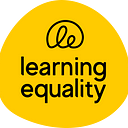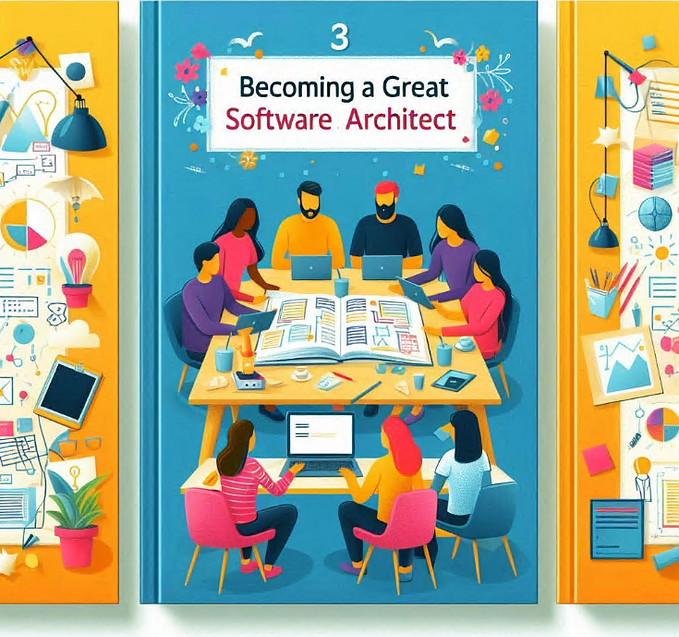Kolibri v0.10 is released!

We’re happy to announce the release of Kolibri v0.10, available in Windows and Linux. Download the installer here.
New in v0.10
- Support for coach-specific content
- Content import/export is more reliable and easier to use
- Search has improved results and handles duplicate items
- Display of answer history in learner exercises is improved
- Login page is more responsive
- Windows-specific improvements and bug fixes
- New Kolibri configuration file
- Overall improved performance
- Auto-play videos
- Various improvements to PDF renderer
- Command to migrate content directory location
- Languages: English, Arabic, Bengali, Chinyanja, Farsi, French, Hindi, Kannada, Marathi, Burmese, Portuguese (Brazilian), Spanish, Swahili, Tamil, Telugu, Urdu, Yoruba, and Zulu
New feature
Support for ‘coach content’ — content that is specifically for use by coaches and inaccessible to learners. This coach content is set on curated channels Studio, our online platform for content curation. When this content is imported into Kolibri, by default it is only visible to those with a coach, admin, or superuser role, but can be made visible to learners by including them in lessons or exams. Please see an example below:

When imported into the offline Kolibri app, coach-facing resources appear with a blue icon, as seen above.
What’s next
Keep an eye out for exciting new features in future releases, including:
- EPUB support
- More streamlined lesson and exam functionality
- HTML5 app progress tracking
- QTI Exercise support
- Improved coach reports
- Offline content upload
Our thanks
We’d like to thank our partners and the open-source community for testing and reporting bugs, and our Kolibri interns who contributed important bug fixes to the v0.10 release to ensure a stable platform!
We also want to thank Manuel Locria, Dace Krutaine, and their team at Translators Without Borders for making Kolibri v0.10 available in Bengali, Yoruba and Zulu, and to Ghaith, Tahmineh, Resham, and Urwa from Natakallan, for their work on Arabic, Farsi, French and Urdu. Our sincere gratitude also goes to the amazing duo Pyae Sone and Ashley Takami, our Burmese contributors. These languages were added to the existing pool of languages Kolibri was already available in: English, Arabic, Chinyanja, Farsi, French, Hindi, Marathi, Portuguese, Spanish, Swahili, Tamil, Telugu, and Urdu.
Additional support
Learning Equality has created the Kolibri Edtech Toolkit, a customizable and adaptable set of resources to support understanding of use in a diverse set of contexts, including pedagogical and technical guidance for incorporating Kolibri into an educational program and creating effective learning environments.
Our toolkit is currently organized into folders on Google Drive, offered in English and Spanish. Start with the overview.
Please note that the resources in our toolkit have not been updated to reflect v0.10 features yet.
Our previous Kolibri releases contain a variety of new and improved features, such as easy-to-use content import, support for right-to-left languages, and coach reporting tools. Please refer to our Release Notes for more details.
Contribute to the community!
See a bug? Don’t hesitate to file an issue on Github or send us feedback via the Community Forum.
Want to see your language available in Kolibri? Please contact us at i18nteam@learningequality.org.
Already using Kolibri? Share your story with us via the Community Forums or send us an email at info@learningequality.org.











